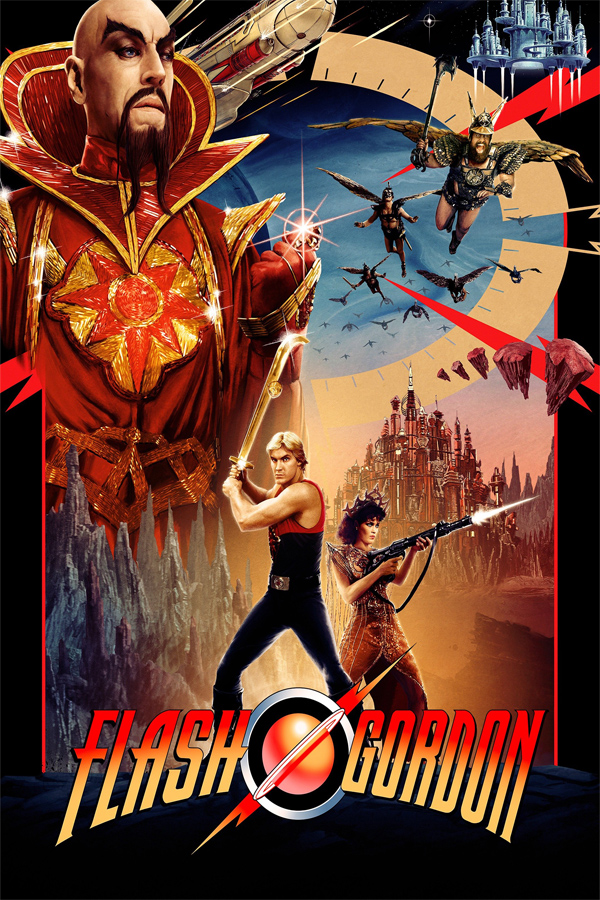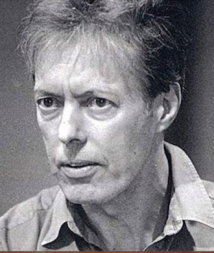William Hobbs
William Hobbs was a fight director, stuntman and actor, the son of an RAF pilot killed during the closing stages of World War II. He was brought up and schooled in Australia, had an early background in amateur dramatics and took up fencing in 1954. A natural swordsman, he narrowly missed out on making the Aussie squad for the 1957 Melbourne Olympics. The following year he moved to England to study at the Central School of Speech and Drama in London. Between 1958 and 1960, he tried his hand at acting in repertory theatre, failed miserably and was told by Laurence Olivier to 'give it up'. For nine years he then worked as fight director for Olivier's National Theatre Company. Bathed in a plethora of glowing plaudits for his stage duels he wrote his first textbooks entitled "Stage Combat: The Action to the Word" and "Techniques of the Stage Fight" (1967). As fencing master and fight choreographer he went on to train numerous film and TV stars in the intricacies of parry, lunge and riposte. In terms of both weaponry and action, he placed great emphasis on historical accuracy and realism. To achieve period authenticity he frequently relied on examining old pictures and prints. To Hobbs, the single most important ingredient, however, was the acting. In his 1995 book "Fight Direction for Stage and Screen" he declared "the actors have to be working mentally on a conscious level of coolness, with complete body relaxation and control, so that their acted aggression can be performed with conviction and at the same time in absolute safety". His work is singularly showcased by the brilliant fight scenes in Ridley Scott's The Duellists (1977) which are among the best ever filmed. Hobbs later recalled "the pauses that we put into the fights in [The Duellists] were phenomenal, but we wanted to get across the awful feeling that you believe you'll be dead on the floor. In the end, the realism is the fear." Among the acting luminaries Hobbs prepped for swashbuckling excellence were Peter O'Toole (Hamlet, National Theatre, 1963), Tim Roth and Liam Neeson (Rob Roy (1995)) and Leonardo DiCaprio (The Man in the Iron Mask (1998)).

